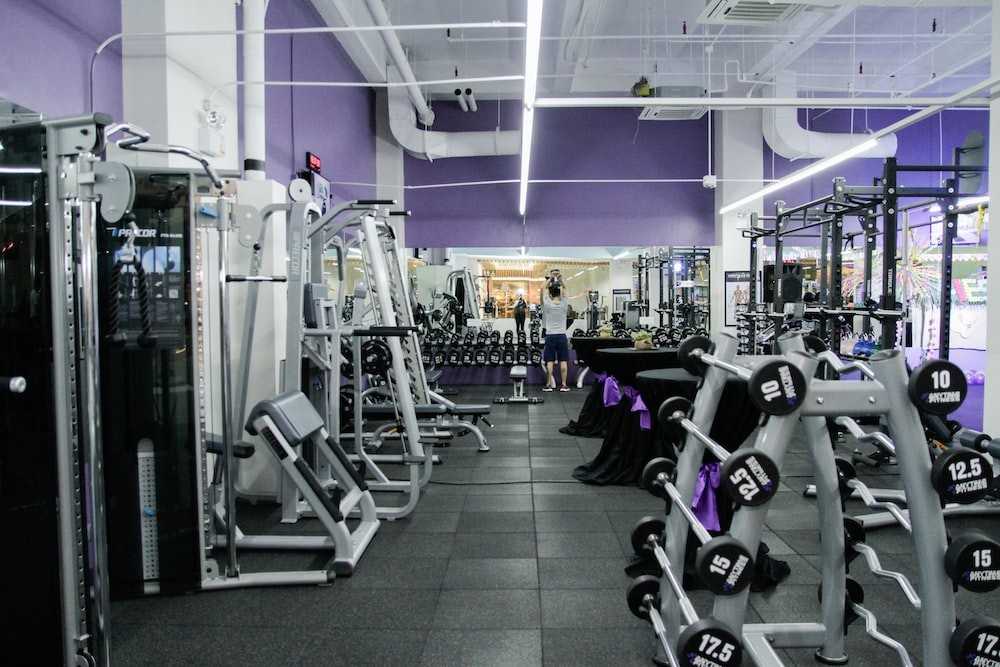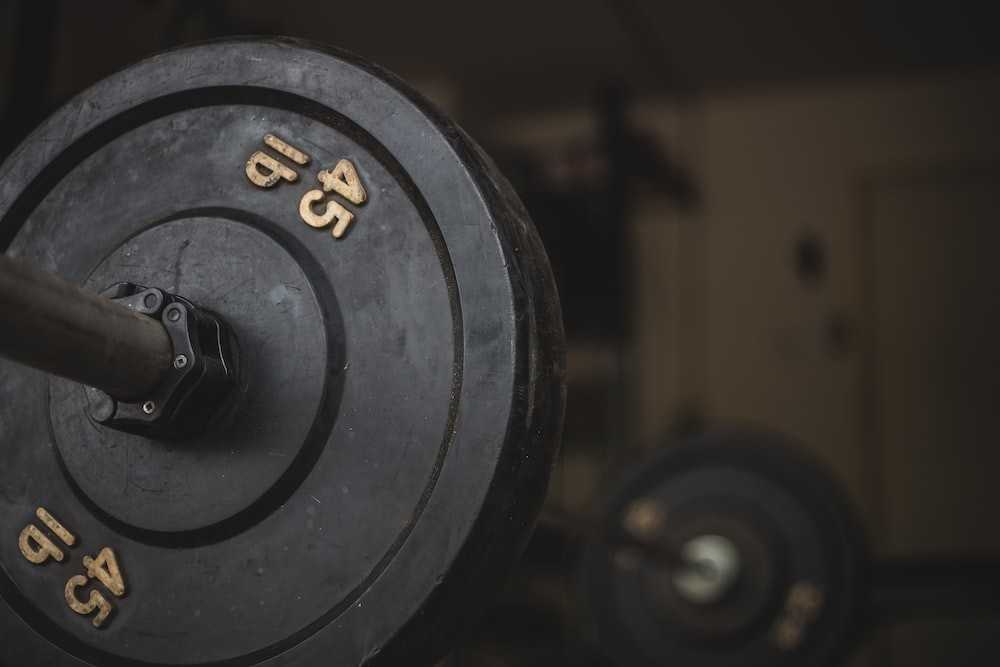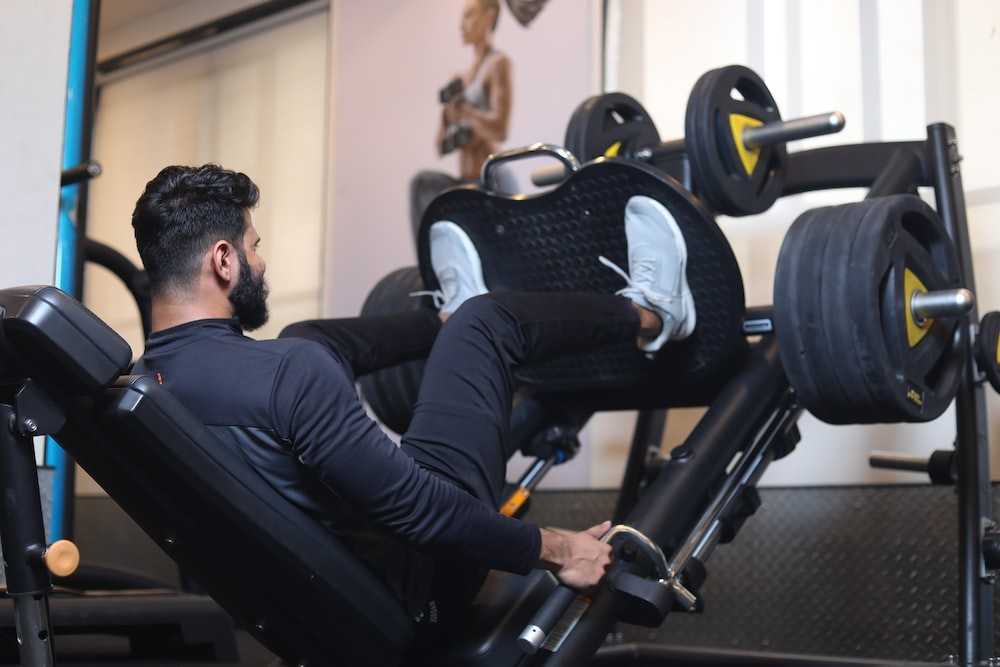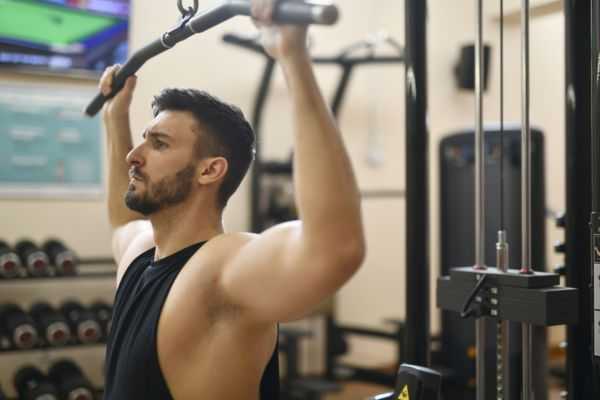This has been a debate among many and since very long, much before I was even born. But till date I really haven’t understood the reason for this argument. As mostly the debate, when is generally based on ego, rather than logic.
Because the aim is to reach your goals, not count the tools, you will have to use during that journey. Be it a layman, or an experienced lifter; a pro athlete, or an injury rehab case, both machines & free weights, along with other tools are beneficial for them.

Both free weights and resistance training machines, have their own benefits & drawbacks, in virtually every aspect of training, for different individuals.
Advantages of free weights over machines:
- Much more use of stabilizer muscles – Stabilizer muscles work to stabilize the body and its extremities during multi-plane movement. During an exercise, there are primary movers and stabilizer muscles.
The primary movers are the muscles doing the majority of the work—they’re what’s moving the load and they’re likely where you’ll feel the exercise the most. While the stabilizer muscles aren’t directly involved with moving the load, they work to keep certain parts of the body stable and steady so the primary movers can do their jobs efficiently.
For example, though the primary movers of the Bench Press are the pectoralis major and the triceps brachii, the rear delts act as a stabilizer muscle to help you control and decelerate the bar effectively. Free weight workouts, therefore, engage stabilizers in a better way.
- More creativity – with free weights, you can perform a movement in various ways, which is not just important to wave off boredom, but is also important to strengthen weak movement patterns. This is not possible in machines, which have a fixed range of motion for a given movement.
With free weights, you can perform movements, which closely match the movement patterns you are likely to use in a particular sport or a day to day activity.
- Cost & versatility – free weights are relatively much cheaper in cost, easy to carry and maintain, and can be used anywhere, unlike a fixed machine, which has to be placed at a particular place, is extremely heavy and difficult to maintain.
- Power training – Training for muscle power should be performed almost exclusively with free weight systems. Power exercises such as squats, hang cleans and snatches are difficult to perform, and are done exclusively through free weights.

Advantages of machines:
- Better control & safety – that’s one of the primary reason, why machines are suitable for virtually everyone. For e.g. someone rehabbing from an injury, machines are extremely effective for them to rebuild strength, in a safe manner. For e.g. someone having a back injury, can work their way up the strength ladder, through use of machines like leg press, hack squats etc.
- Use of specific muscles & movements – with machines, you can isolate certain muscles, and train them more effectively. This is great for targeting weaker areas. For e.g. it’s not an easy thing to perform a chin-up/pullup for a beginner. And a lat pulldown machine is one of the best ways to develop strength and hypertrophy in the lats, and progress on to chin-ups/pullups.
- Heavier weight lifting – due to the fixed range of motion for machines, you are able to lift much more weight for a given muscle, in a much safer manner. A classic example would be a hack squat or leg press machine.
- Momentum is controlled – one of the biggest issues with free weights is use of momentum. For e.g. in a dumbbell curl, you can use swing motion to get the dumbbell up, when fatigued. But in case of machines, because of their fixed nature, momentum is largely removed.
A study, examined the effects of a high-intensity free weights training versus a machine resistance training during 26 weeks in high-functioning older adults. The study, found significant strength gains in older individuals, both with free weights and machines; and the results do not overall indicate that free-weight training is superior to machine training for increasing strength.
Similarly, a study on novice males, also found, similar gains in muscularity, strength, and functional ability in resistance training regardless of the equipment being used.
Other studies have also shown similar results (https://bit.ly/3wust6F), (https://bit.ly/402Xn3x), (https://bit.ly/3H5tE1y).
A meta-analysis study, compared the changes in muscle size, strength, and power between free-weight and machine-based exercises. Researchers found no differences in the change in power, strength or muscle hypertrophy, between the free-weights & machines.
They concluded by saying: “Individuals looking to increase strength and power should consider the specificity of exercise, and how their strength and power will be tested and applied. Individuals looking to increase general strength and muscle mass to maintain health may choose whichever activity they prefer and are more likely to adhere to.”
Strength coach & author Nick Tumminello puts it perfectly: “The whole idea of pitting free weights against machines is like pitting fruits against vegetables. Both training modalities offer a unique benefit the other misses, so it makes sense to do them both to make your muscle-building workouts more comprehensive, just like eating both fruits and vegetables will make your diet more nourishing.”

Prof. Ralph Carpinelli, says that: “There are theoretical advantages and disadvantages to free weights, with no strong scientific evidence to support the superiority of this modality. Perhaps more balance and coordination are required to perform free-weight exercises compared with machine exercises, but there is no evidence that this skill has any significant transfer to other activities.
It should be recognized that just as everyone who participates in a sport must practice their skill with the tools required for their sport, powerlifters and Olympic weightlifters must practice their skill with the required tools—free weights. A potential disadvantage with both free weights and ma-chines is that injuries may occur as a result of improper use of either tool.”
Acc. to Prof. Everett Harman: “The muscle doesn’t “know” whether a machine or a free weight is providing the resistance. Thus, there is little reason for either free weights or machines to produce greater strength gains for individual muscles, assuming equal resistance is applied. Any difference in strength gain is likely due to a difference in the training protocol, such as intensity, volume, rest periods, and so on.”



